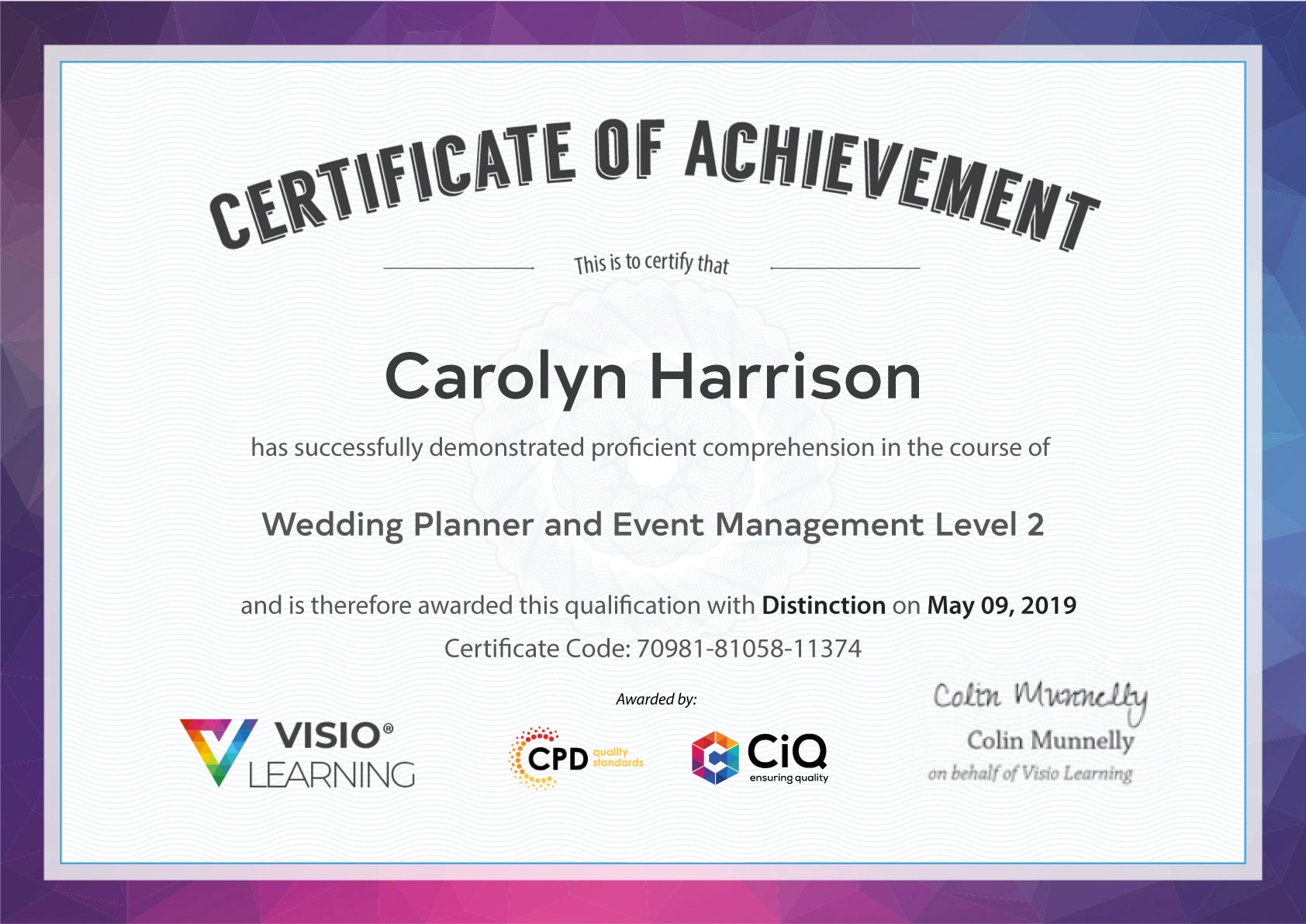Course Curriculum
| Personal Finance Calculations | |||
| Calculating Your Net Worth | 00:01:00 | ||
| Calculating Your Real Hourly Wage | 00:02:00 | ||
| Expenses for Life Energy | 00:02:00 | ||
| Calculating a Monthly Budgeting | 00:05:00 | ||
| Saving for Retirement | |||
| Paying Off Debt | 00:02:00 | ||
| Build an Emergency Fund | 00:02:00 | ||
| Personal Savings | 00:04:00 | ||
| 401K Basics | 00:03:00 | ||
| Asset Allocation | 00:04:00 | ||
| Investment Strategies | 00:02:00 | ||
| Advice on Financial Advisors | 00:01:00 | ||
| 3h-Questions-About-Investing | 00:15:00 | ||
| Building Credit to Buy a Home | |||
| FICO Score | 00:09:00 | ||
| Starting Credit | 00:03:00 | ||
| Increasing Credit Score | 00:02:00 | ||
| Owning vs. Renting | 00:02:00 | ||
| Types of Mortages | 00:03:00 | ||
| Personal Finance Guides for Beginners | |||
| Advice to Teenagers | 00:04:00 | ||
| Guide to Buying a Car | 00:05:00 | ||
| Cashflow Management | |||
| Forecasting | 00:20:00 | ||
| What is Cashflow? | 00:20:00 | ||
| Planning and Management9 | 00:10:00 | ||
| Planning Part 2 | 00:12:00 | ||
| Where it can go Wrong | 00:09:00 | ||
| Personal Cashflow Analysis | 00:05:00 | ||
| Personal Cashflow Analysis my Numbers Story | 00:06:00 | ||
| Debt | 00:10:00 | ||
| Budgets and Money Management | |||
| Finance Jeopardy | 00:15:00 | ||
| The Fundamentals of Finance | 00:15:00 | ||
| The Basics of Budgeting | 00:15:00 | ||
| Parts of a Budget | 00:15:00 | ||
| The Budgeting Process | 00:30:00 | ||
| Budgeting Tips and Tricks | 00:15:00 | ||
| Monitoring and Managing Budgets | 00:15:00 | ||
| Crunching the Numbers | 00:15:00 | ||
| Getting Your Budget Approved | 00:15:00 | ||
| Comparing Investment Opportunities | 00:15:00 | ||
| ISO 9001:2008 | 00:15:00 | ||
| Directing the Peerless Data Corporation | 00:30:00 | ||
Course Reviews
[elementor-template id='289348']









